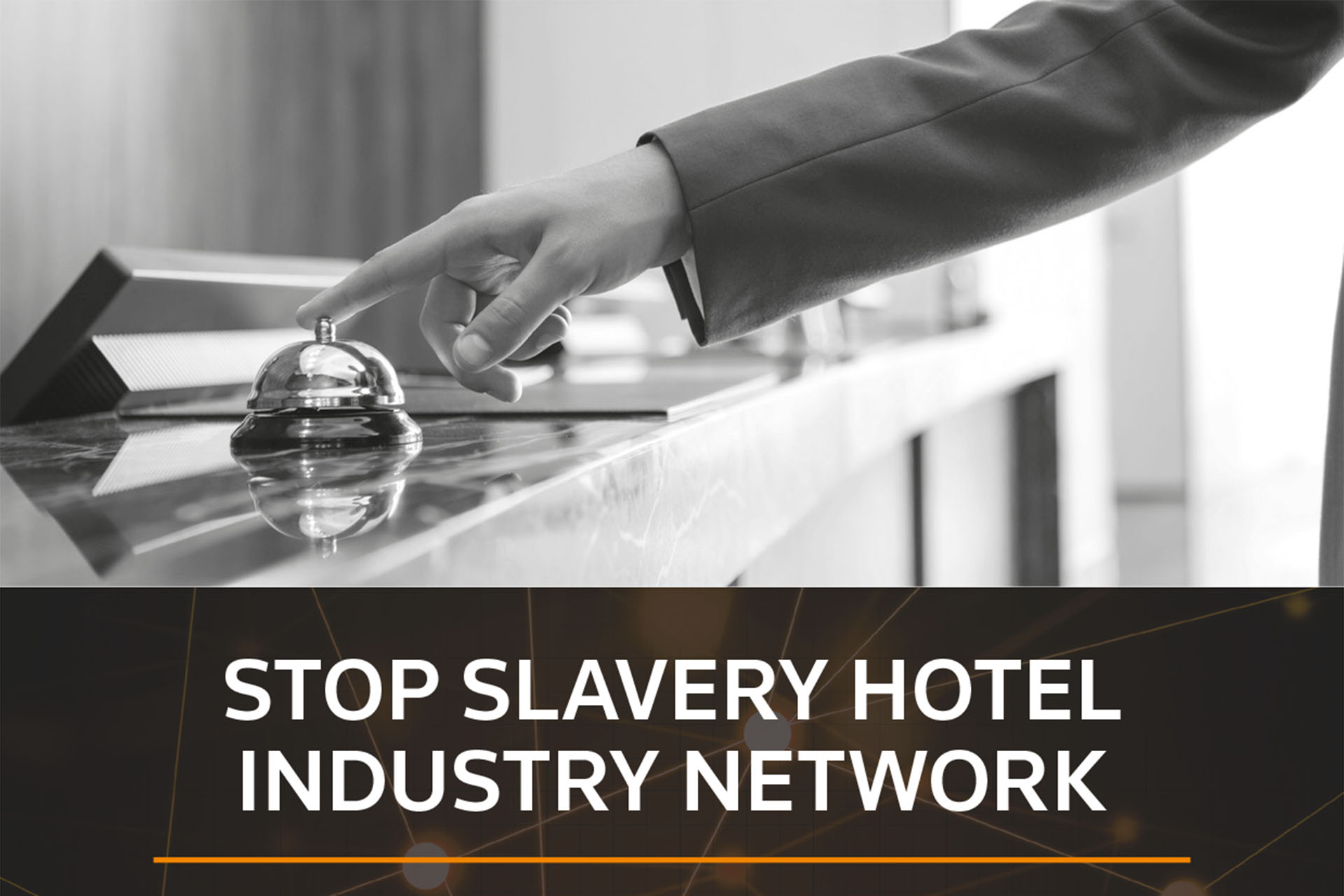
Nishma Jethwa, Strategy Lead, Shiva Foundation
Rebecca Armstrong, Consultant, Responsible Tourism Matters
You can read Part 1 of this blog, which discusses modern slavery statements as well as civil and criminal liability of companies here.
How can we mitigate the risks?
As well as regulatory requirements and the ethical imperative to address the blight of modern slavery on our industry, addressing and taking an active effective role in combatting slavery will benefit companies in a number of other ways:
- Mapping and managing supply chains will contribute to better overall risk assessment and management;
- Shareholder relations and trust can be enhanced. Investors will be increasingly focused on holding companies to account, requiring them to go beyond bare statements and demonstrate robust and effective policies and practices to ensure that slavery and forced labour doesn’t slip through the net in their operations;
- Better consumer relations and a dividend from an increasingly ethically conscious market;
- Improved employee engagement, recruitment, retention and motivation;
- More sustainable business relationships with suppliers, business partners, sub-contractors, trade unions and governments.
Responsible hotels and companies now have the opportunity to demonstrate leadership, to be in the vanguard of facing up to the difficult and undoubtedly uncomfortable challenge of eliminating modern slavery in our industry. This means going beyond bare compliance and bland statements of policy or commitment. It means avoiding overstatement and embracing realism and honesty about the challenges. Anti-Slavery International’s vision is one of ‘a race to the top in company disclosure, with businesses not only making sure they understand the problem, but committing at the highest level to change their business practices’.
Is the hotel industry doing anything?
If staff and customers can be made fully aware of the risks, the signs to look out for and how to act if they do spot something, the problem of modern slavery in hotels becomes much less insurmountable. There are already some commendable consumer-facing campaigns. For example, TraffickCam involves customers uploading photographs of their hotel rooms to an app, adding to a bank of images which can be used to identify victims’ whereabouts when their pictures are posted online by traffickers. There are also a number of organisations aiding businesses, such as the Ethical Trading Initiative, an alliance of businesses promoting respect for workers’ rights, and the Staff Wanted campaign, which works to prevent the exploitation of hotel staff.
By bringing together the insights from organisations such as these, we can work towards a longer-term culture change, far beyond just awareness, in which everyone can take responsibility for the problem. While there is of course much good work underway, up until now there has been a lack of collaboration both across the various levels of the hotel sector and between other sectors more broadly. This is where significant change can be made.
Shiva Foundation itself has committed to collaboration as the key way to achieve change. As part of this, it is working to establish best practice for the hotel industry whilst openly sharing the challenges and learnings it encounters. It is currently trialling and testing models to be shared across the hotel industry. One key aspect to this is the trial implementation of our Anti-Trafficking Blueprint at Shiva Hotels. The Blueprint includes practical guidance for hotel staff on how to spot and report concerns, steps to identify potential risks in operational supply chains as well as purchasing of capital goods and protocols to minimise the risks of modern slavery. It is being tested before being refined and fully launched at the end of the year.
As part of the foundation’s collaborative approach, it is also building on existing work carried out by the International Tourism Partnership at the first of its kind Stop Slavery Hotel Industry Network, which was launched at the end of last year. The initiative will work collaboratively to develop and test methods to be shared throughout the hotel and hospitality sector in order to work towards an industry-endorsed standard. The founding members include well-known brands, smaller owners, management companies and more. The British Hospitality Association has endorsed the scheme and will support its expansion throughout the hotel sector. The International Tourism Partnership, which works with leading international hotel groups on human rights, is also supporting the scheme to enable it to sync with corporate policies beyond the UK. With 180,000 businesses involved in UK hospitality and tourism, there is significant scope for the network to grow.
The Stop Slavery Hotel Industry Network has been formed following a roundtable held by Shiva Foundation and Thomson Reuters Foundation in early November, at which hotel brands, owners and management companies discussed the shared challenges facing the industry. The initial areas of action and focus are currently being decided by the group, but several key issues emerged:
- Ethical recruitment: The layered structure of hotels – which often involves brands franchising properties – combined with multi-tier recruitment systems, can mean that unscrupulous practices are difficult to detect. A joint approach can help identify and prevent such practices.
- Sexual exploitation: Hotels can unknowingly be used to traffick victims for sexual exploitation. Through training and awareness-raising, the industry can help identify and prevent this and ensure the safety of staff and guests.
- Responsible supply chains: Goods and services purchased by hotels – including food and cotton – can represent hidden risks in terms of worker welfare. By joining forces, the industry can help improve standards and checks.
There are many approaches to starting to tackle slavery in your business. If you’d like to collaborate with others in the industry, do not hesitate to get in touch at [email protected].
If you’d like assistance in reviewing these issues in your own business including assessing and addressing potential risks; working with your supply chain; and staff awareness and training, feel free to contact [email protected].
This blog is partly based on an article originally published in Progress in Responsible Tourism Vol 5(1) November 2016 available at http://www.goodfellowpublishers.com/free_files/filePiRT5(1).pdf
- Corporate Responsibility (2016) Beyond compliance: Effective reporting under the Modern Slavery Act. Available from http://corporate-responsibility.org/wp-content/uploads/2016/03/CSO_TISC_guidance_final_digitalversion_16.03.16.pdf & Anti-Slavery International (undated) Monitoring forced labour. Available from https://www.antislavery.org/take-action/companies/monitoring-forced-labour/
- Skrivankova, K. (2016) Transparency in supply chains – a mark of a good business. Anti-Slavery International. Available at https://www.antislavery.org/transparency-supply-chains-mark-good-business/


